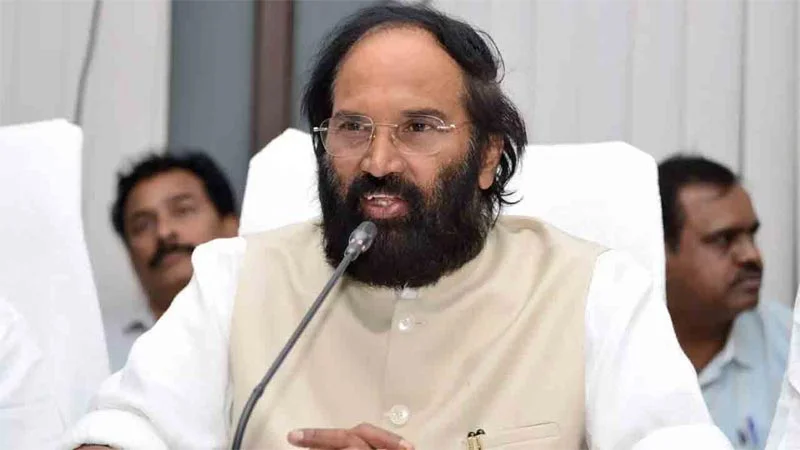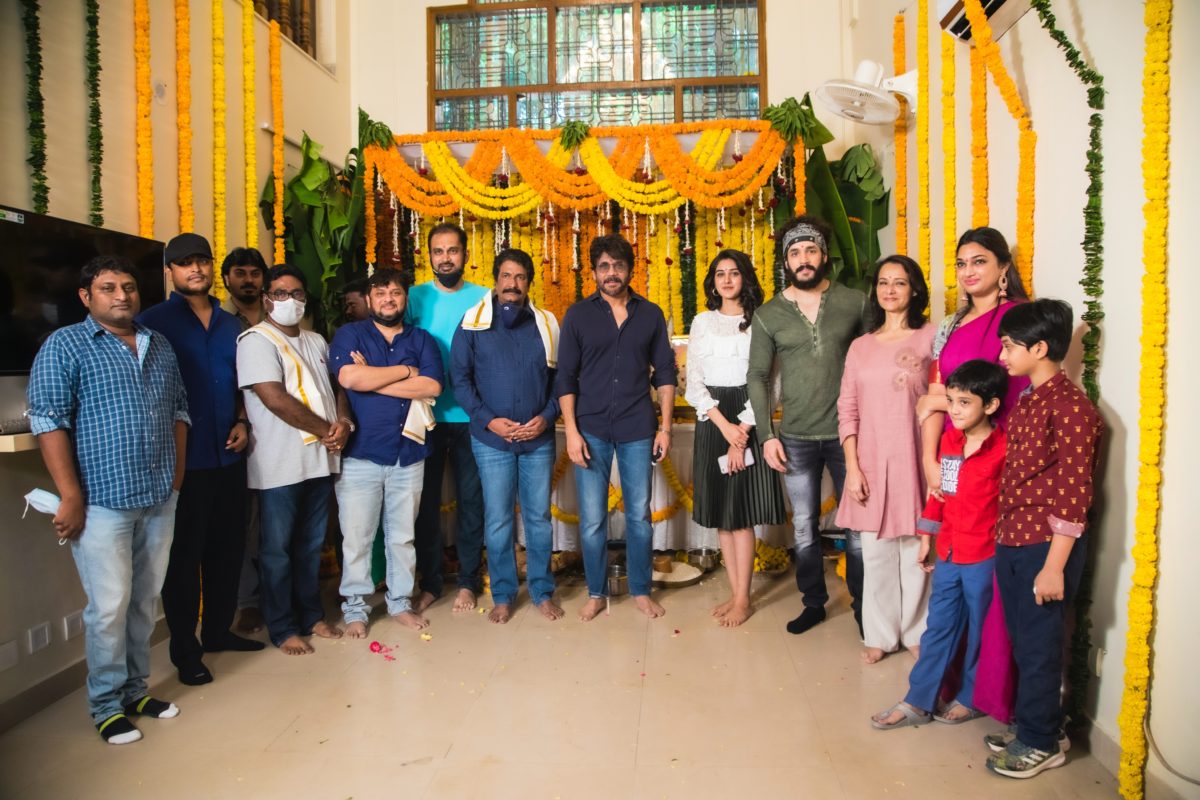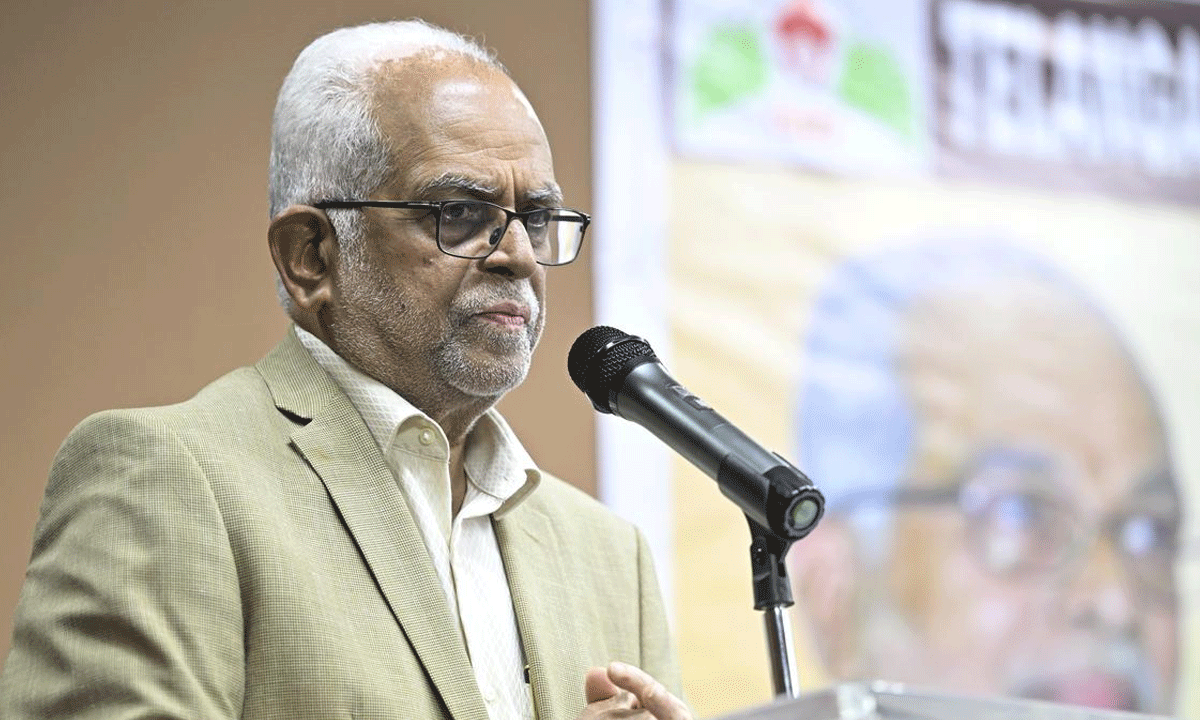Telangana Irrigation and Civil Supplies Minister N. Uttam Kumar Reddy announced that the SC classification will come into effect from April 14. He revealed that the state government will issue orders on the birth anniversary of Dr. Babasaheb Ambedkar, the architect of the Indian Constitution.
He said that the classification issue, which has been pending for decades, was implemented as soon as the Congress party came to power. On Sunday, the Cabinet Sub-Committee on SC Classification met at the Dr. BR Ambedkar Secretariat under the chairmanship of Uttam Kumar Reddy and gave the final shape to the SC Classification Act, the minister said.
He said that the first copy of the SC classification approved by the Cabinet Sub-Committee will be handed over to Chief Minister Revanth Reddy on Monday morning to commemorate Dr. BR Ambedkar’s birth anniversary.
The members of the Cabinet Sub-Committee, including the Vice-Chairman of the Sub-Committee, Damodaram Raja Narasimha, Ponnam Prabhakar, Seethakka, retired judge Justice Shamim Akhtar, who chaired the SC Classification One-Man Commission, Principal Secretary, SC Development Department Sridhar, Law Secretary Tirupati and others participated in the meeting.
He said that the Cabinet Sub-Committee, which thoroughly studied the recommendations prepared by the commission under the leadership of Justice Shamim Makhtar, approved the Classification Act. He said that the existing reservations have been divided into three groups based on the internal backwardness among the 59 SC sub-castes.
He said that in the first group, 15 sub-castes are considered to be the most backward, and the population of those 15 castes is found to be 3.288 percent. He said that it has been decided to apply one percent reservation to them based on that population. He said that in the second group, there are 18 sub-castes that have benefited minimally on the basis of reservations.
Since the population of these 18 castes is 62.74 percent of the SC population, they have been allocated 9 percent reservation. In the third group, when compared to the above two groups, there are 26 castes that are slightly ahead with a population of 33.963, they have been allocated 5 percent reservation, he said.










